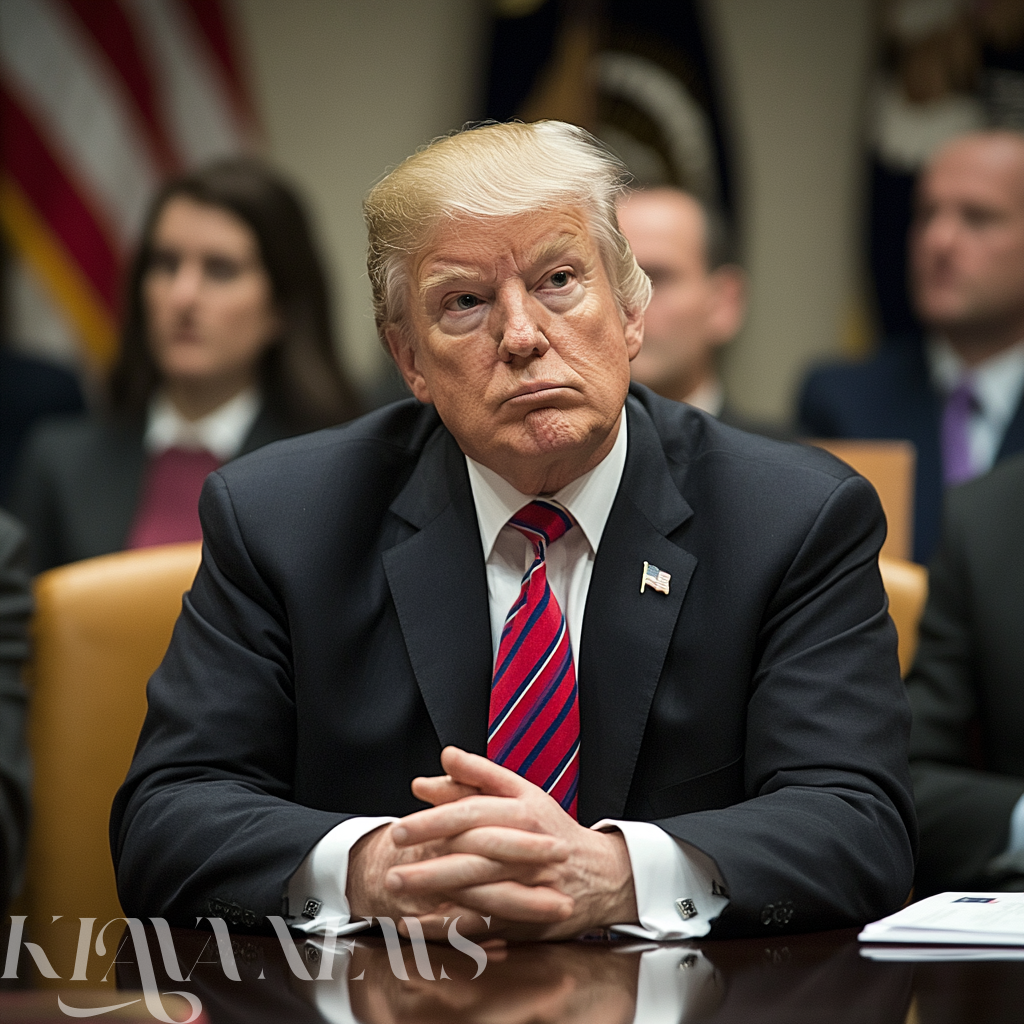Washington, D.C. – Elon Musk and President Donald Trump are pushing a bold new agenda, rapidly restructuring federal agencies and introducing dramatic policy shifts that could have long-term consequences for governance in the United States.
In a sweeping effort to consolidate power and expedite change, Trump and Musk are applying Silicon Valley’s “move fast and break things” approach to the federal government. From restructuring foreign aid programs to implementing controversial employment policies, their actions have sparked widespread debate.
Musk Appointed as Special Government Employee
Elon Musk, CEO of Tesla and SpaceX, has been appointed as a special government employee with top-secret security clearance. The billionaire entrepreneur will serve up to 130 days per year in a role that grants him access to sensitive government functions, including payment systems and personnel decisions.
Trump defended the appointment, stating Musk will focus on removing underperforming government employees. “He’s got access only to letting people go that he thinks are no good,” Trump said. However, the specifics of Musk’s authority remain unclear.
Federal Buyout Program Raises Legal Questions
The administration has launched a controversial federal employee buyout program, offering workers paychecks through September if they voluntarily resign. However, the program has not been authorized by Congress, leading to uncertainty about its legality.
Notably, National Transportation Safety Board (NTSB) officials were initially included in the program, but after last week’s deadly collision involving an American Airlines jet and an Army helicopter, the administration reversed course, instructing employees not to resign.
Trump and Musk Target Foreign Aid, USAID
One of the most controversial moves is the administration’s effort to shut down the United States Agency for International Development (USAID), which has operated since 1961. Musk likened the agency to a “ball full of worms”, while Trump dismissed its employees as “radical left lunatics.”
The administration claims USAID funds have been misused, but no evidence supports allegations of fraud. Critics argue that shuttering USAID would cut vital support to developing nations and could undermine U.S. global influence.

FBI and DOJ Purges Underway
Federal agencies, including the Department of Justice (DOJ) and the Federal Bureau of Investigation (FBI), are facing massive personnel changes. DOJ officials linked to the January 6 Capitol riot investigations have been fired or placed on leave.
Additionally, FBI agents are now required to submit reports detailing their involvement in the January 6 investigations, raising concerns about potential retaliatory actions against career law enforcement officials.
Tariff War Temporarily Paused
Following widespread backlash, Trump agreed to pause tariffs on Mexico and Canada for 30 days, allowing for negotiations on border security and fentanyl trafficking.
- Mexico has pledged to deploy 10,000 troops to curb illegal immigration.
- Canada has committed $1.3 billion to increase border enforcement.
Despite this temporary de-escalation, a 10% tariff on Chinese imports is still set to take effect, further intensifying the U.S.-China trade conflict.
Water Policy Sparks Controversy in California
In a surprise move, Trump ordered the release of water from California dams, claiming it would alleviate drought conditions and benefit agriculture. However, local officials warned that the uncontrolled release nearly caused flooding.
“We did it in a very rough way,” Trump admitted, sparking criticism from environmental groups and water management experts.
What Comes Next?
As Musk and Trump continue to reshape the federal government, critics warn of unchecked power and constitutional overreach, while supporters argue these moves are necessary to streamline governance.
With tariff negotiations, agency closures, and workforce purges ongoing, the next 30 days will be critical in determining the future of these sweeping reforms.